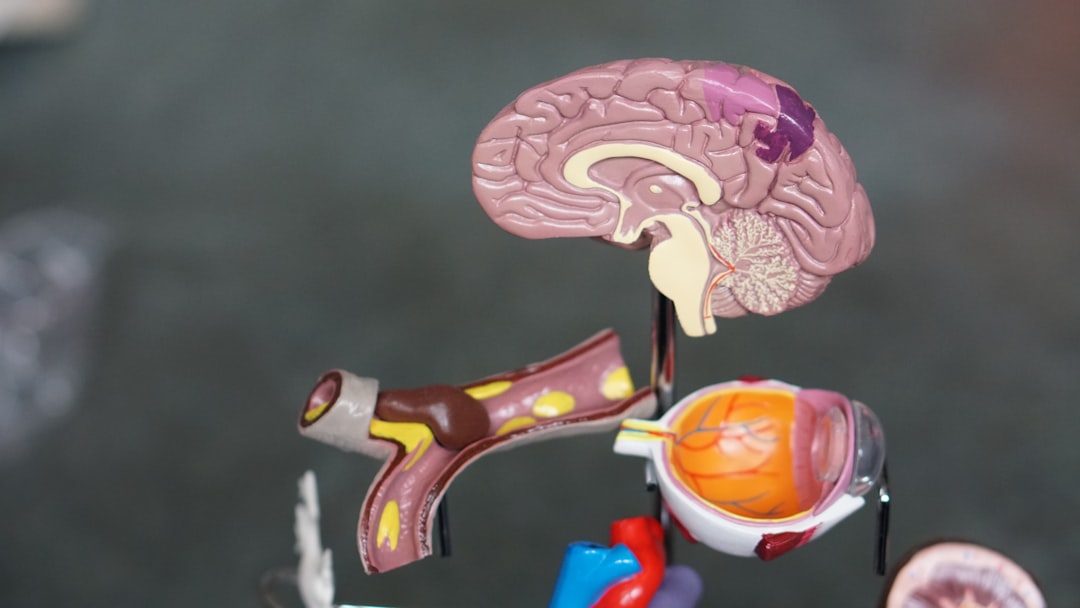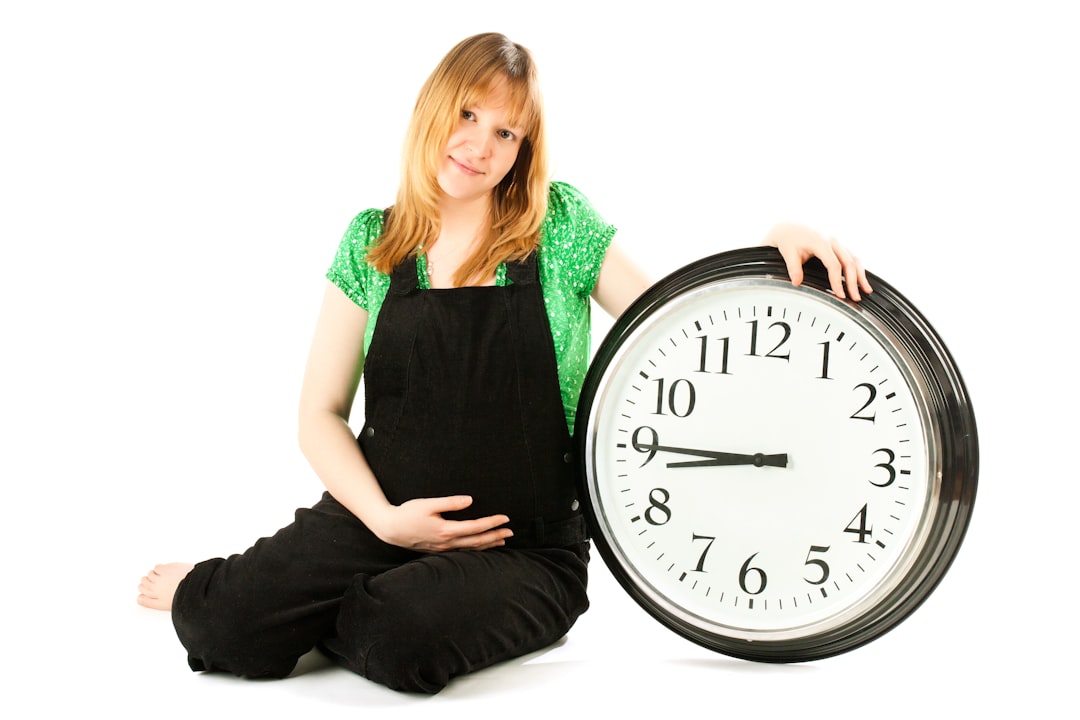Category: Better Sleep
The power of rest: Why listening to your body matters in pregnancy
Your body is building organs, bones, and an entirely new circulatory system—while you’re trying to finish a work project and wondering why you can’t keep your eyes open past 8 p.m.
The power of sound: How music and meditation support pregnancy wellbeing
Did you know that listening to calming music during pregnancy can reduce your anxiety levels while simultaneously improving your baby’s in-utero experience? As expectant mothers navigate profound physical and emotional changes, sound therapy and mindfulness practices offer powerful, science-backed tools for nurturing both maternal and fetal wellbeing.
The power of sound: How music and meditation support pregnancy wellbeing
Pregnancy transforms your body, emotions, and daily reality—sometimes in ways that feel overwhelming. Between the anticipation, physical changes, and concerns about your baby’s health, anxiety during pregnancy affects up to 70% of expectant mothers. What if something as accessible as sound could help you navigate these months with more calm and connection?
Pregnancy naps: why resting during the day is so important
If you’ve found yourself dozing off at your desk or desperately craving an afternoon nap during pregnancy, you’re experiencing something remarkably common: over 90% of pregnant women report fatigue across all three trimesters, and 80% notice significant changes to their sleep schedule. Your body is working overtime to grow a human, and that overwhelming exhaustion isn’t weakness—it’s biology demanding what it needs.
Pregnancy sleep positions: What’s safe and what’s most comfortable
Finding a comfortable sleeping position during pregnancy can be challenging, especially as your body changes and your baby grows. But getting quality sleep is crucial for both maternal and fetal health. Let’s explore which sleeping positions are safest during pregnancy and how you can make yourself more comfortable throughout the night.
Pregnancy Fatigue: Why Rest Matters More Than Ever
If you’ve recently discovered you’re pregnant and suddenly find yourself exhausted by noon, you’re experiencing one of pregnancy’s most universal symptoms. That overwhelming urge to nap isn’t just in your head—it’s your body working overtime.
Pregnancy Brain Fog: Why It Happens and Tips to Stay Sharp
Ever put your phone in the refrigerator or forgotten a word mid-sentence during pregnancy? You’re not alone. “Pregnancy brain” or “mommy brain” isn’t just a myth—it’s a scientifically documented phenomenon affecting approximately 80% of expectant mothers who notice changes in memory, focus, or thinking during pregnancy or after birth.
Third trimester sleep struggles: Practical solutions for rest
Watching the clock tick past 3 AM while everyone else slumbers peacefully? If you’re in your third trimester, you’re not alone in this midnight vigil. As your pregnancy approaches the finish line, quality sleep often becomes as elusive as finding a comfortable position for your growing body.
Pregnancy Dreams: What They Mean and Why They’re So Vivid
Have you been waking up from dreams so realistic you could swear they actually happened? Or perhaps you’re experiencing bizarre scenarios involving your baby, water, or animals that leave you confused when morning comes? You’re not alone. Pregnancy dreams are often described as more frequent, intense, and memorable than regular dreams – but why?
First Trimester Survival Tips: From Nausea to Fatigue
Congratulations on your pregnancy! While those two pink lines bring joy and excitement, they often come with some less-than-pleasant physical symptoms. If you’re feeling exhausted, nauseated, and wondering if this is normal—you’re not alone. The first trimester can be particularly challenging, with up to 98% of women experiencing fatigue and 80-88% dealing with nausea, according to [recent research](https://pmc.ncbi.nlm.nih.gov/articles/PMC10567694/).










